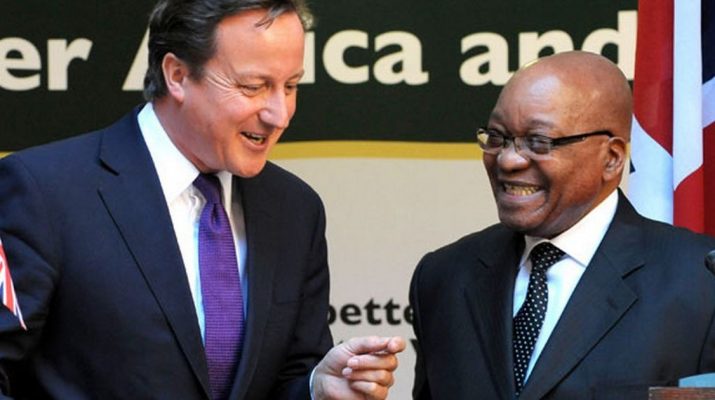Following the UK’s surprise vote to leave the EU, the probable impact such a departure would have on African trade, investment, and security policy was extensively carried out by EXX Africa on three of the UK’s most important African markets: South Africa, Nigeria, and Kenya.
The report clearly pointing out that Kenyan markets were relatively stable following the ‘Brexit’ vote, although any disruption in EU trade negotiations would negatively impact the cut flowers export market. It is likely that the UK would prioritise trade negotiations with Kenya, which could even benefit Kenya and other EAC members.
“Kenyan officials were quick to respond the market turmoil followed by the UK’s vote to leave the EU. Finance Minister Henry Rotich assured investors that Kenya has adequate foreign exchange reserves to absorb any shocks from the crisis,” the report read.
Kenya has USD5.6 billion in foreign reserves, which amounts to 5 months of import cover, which is higher than the four months the country usually holds. The central bank also said it would be ready to intervene in money and foreign exchange markets if required.
Such assurances steadied the impact on the Kenyan shilling, but some banking stocks still suffered losses. Equity Bank and Co-operative Bank were down over 2% on 24 June, while other stocks were unchanged.
However, there is a risk of capital flight from Kenya as risk averse investors seek safe havens. This would weaken the shilling and increase import costs. Kenya’s import bill has steadily increased by more than 10% over the past five years.
Another key concern would be that ongoing negotiations of a trade agreement between the EU and the East African Community (EAC) would be delayed as the EU copes with the UK’s departure. The Kenya Flowers Association expects any such delays would cost the Kenya flower industry USD38 million per month.
Horticulture is a primary export market for Kenya and over one third of the EU’s cut flower imports, mostly to The Netherlands and the UK, are derived from Kenya. However, it is likely that the UK would prioritise trade negotiations with Kenya given the two countries’ long-standing bilateral relations. Such negotiations could even benefit Kenya and other EAC countries, as Kenya gains leverage over setting trade terms.
Although a series of diplomatic disputes have strained British-Kenyan relations over the past few years, Kenya is likely to feature as the UK’s principal destination for emerging market investment. Despite diplomatic disputes, Kenya is likely to remain a preferred beneficiary of British foreign investment in agribusiness (tea, tobacco) and in oil and gas, with the UK being instrumental in the development of Kenya’s region-leading financial sector.
Much like US investment, British investment is likely to increase in the renewable energy sector, especially financing and technical co-operation for geothermal, solar, and wind projects, which represent lower-risk sectors. Given these interests, and the large presence of British expatriates and tourists, the UK is likely to maintain security co-operation towards mitigating the threat posed by Islamist militant group al-Shabaab, which has British nationals active within its ranks.

